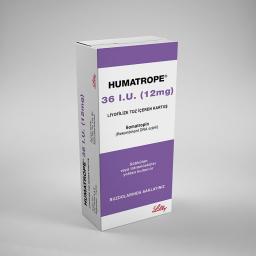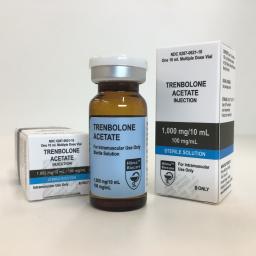What Every Woman Should Know
 Every year in Australia around 1400 woman will be diagnosed with Ovarian Cancer and nearly 800 women will die of the disease.
Every year in Australia around 1400 woman will be diagnosed with Ovarian Cancer and nearly 800 women will die of the disease.
One woman dies every 11 hours.
About 75% of women diagnosed will be at an advanced stage, where the cancer has spread and is very difficult to treat successfully. Three-quarters of these women will be dead well within five years of diagnosis.
Ovarian cancer is the sixth most common cause of cancer death in women. Ovarian cancer is now more common that cervical cancer and it kills many more women.
When ovarian cancer is diagnosed at an early stage the outlook is exceedingly good, with as many as 90% of patients being cured. Unfortunately only about 25% of diagnoses are early stage.
Currently there are no reliable early detection tests for ovarian cancer, and therefore no screening programs to protect women from late stage diagnosis.
Early Symptoms Can Exist
Know your own body
The symptoms are vague and non-specific. Almost every woman will experience symptoms like these at various times in their lives. In most cases the symptoms will not be caused by ovarian cancer.
If you experience these symptoms and they are a change from the normal for you, they persist for more than twoweeks and there is no other explanation, then see your doctor.
- Pelvic or abdominal pain or discomfort
- Abdominal bloating – unexplained weight gain
- Feeling full/appetite loss/weight loss
- Feeling tired
- Gastrointestinal upsets e.g. gas, nausea, indigestion, heartburn
- Backache
- Cramps
- Bladder problems (frequency/urgency of urination in the absence of infection)
- Unexplained changes in bowel habits (constipation/diarrhoea)
- Unusual vaginal bleeding
- Pain during intercourse
Abdominal bloating, difficulty eating, unexplained weight gain, constipation, heartburn, severe back pain, urinary frequency and severe fatigue are the most common symptoms.
What Can You Do?
Known risk factors for ovarian cancer
The incidence of ovarian cancer increases with age, with most cases occurring after the age of 45. However, ovarian cancer can affect women of all ages, including teenagers.
Family history can be a valuable indicator of higher risk for some women. One or more close relatives with ovarian cancer, or breast cancer at an early age could indicate an increase in your risk.
Late menopause, infertility and not having children seems to increase the risk of developing ovarian cancer.
Conversely, having had several children, breast feeding and using the contraceptive pill have all been shown to reduce the risk. Taking the contraceptive pill for a total of five or more years during your lifetime can halve your risk of developing ovarian cancer.
If you are concerned talk to you doctor about your risk.
If ovarian cancer is suspected
If you experience some of the symptoms for more than two weeks, and they are a change from the normal for you, then see your GP.
Talk to your doctor about the possibility of ovarian cancer. Your doctor should perform a pelvic examination and if no other cause can be determined for your symptoms, ask your doctor to arrange a transvaginal ultrasound examination. This test is very good at showing abnormalities on the ovary.
Your doctor can also order a simple blood test called a CA-125. However, a CA-125 is not very reliable and shouldn’t be the only test, especially if you haven’t been through the menopause.
If your pelvic examination, ultrasound and/or CA-125 test results suggest that ovarian cancer is a possibility then seek a referral to a Gynaecologic Oncologist as soon as possible.
Gynaecologic Oncologists are specialists specifically trained to treat cancers such as ovarian cancer. It has been shown that women with ovarian cancer who are treated by a Gynaecologic Oncologist have better outcomes.
Best Steroid Products on Sale
Humatrope
|
Tren-A 375 (5ml)
|
IGF-1 *Long R3* 100mcg
|


